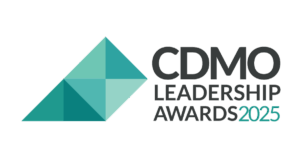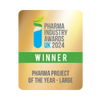In this Scientist Spotlight, we talk to Senior Development Scientist, Lara Penn, about her career, current role and changes at Upperton.
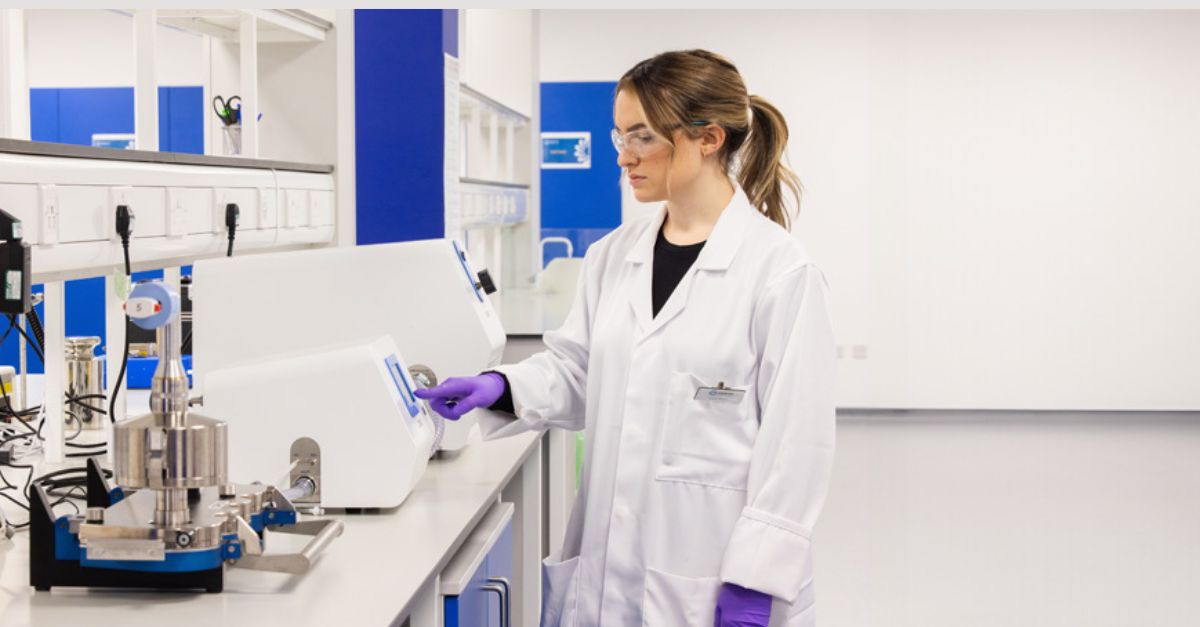
What is your career journey with Upperton?
After graduating with a degree in Chemistry, I pursued a career in clinical trial management, where I worked as part of trial management team to set up and open to recruitment an international, multi-center trial. I gained a lot of knowledge around the patient aspect of clinical research, and a real appreciation for amount of people involved in setting up and managing a clinical trial!
I realised that I missed working in the lab environment, and I joined Upperton 4 years ago as a QC scientist. In this role, I performed routine testing of products that were manufactured in our facility. The role gave me a solid base of understanding of analytical testing and the techniques used in the industry. After a year in this role, I moved to the R&D department and worked as a Project Scientist, which involved both the development and testing of drug products. I gained experience in a range of processing techniques such as spray drying and tableting, as well as further building on my analytical knowledge with new performance tests such as inhaler testing and solid-state characterisation techniques.
During my time at Upperton, I’ve progressed from Project Scientist to a Senior Development Scientist and developed my skills in both analytical and formulation development along the way. My role now involves working across a range of projects, undertaking lab work as well as reporting back findings to clients, and being involved in making decisions on the next steps of a project.
What does your team get involved in?
My team is involved at the start of the development process, where the starting point may be an active pharmaceutical ingredient (API) that has never been formulated or dosed, or an already developed drug product that requires reformulation into another dosage form. At the start of the project, we work with the client to understand the desired route of delivery/dosage form and develop a target product profile to work towards during formulation development.
Our team undertakes pre-formulation activities such as API characterisation, and this can be crucial for identifying key characteristics that can influence how a drug substance is formulated or processed. We then work to develop a range of prototype formulations, either by varying drug loading, excipients, processing techniques, etc. These prototypes will be characterized and tested using appropriate methods to determine any key differences between them. As part of this, we may also stress samples through an informal stability study, which can help us to narrow down our prototypes to choose an optimised formulation to be taken forward for scale-up studies and clinical manufacturing.
Which projects do you enjoy working on and why?
I enjoy projects where our clients come to us with a novel compound, as the journey from taking this through formulation development is a learning experience for both the client and for us. I enjoy a challenge and collaborating with others in the group to problem solve and try out some new ideas!
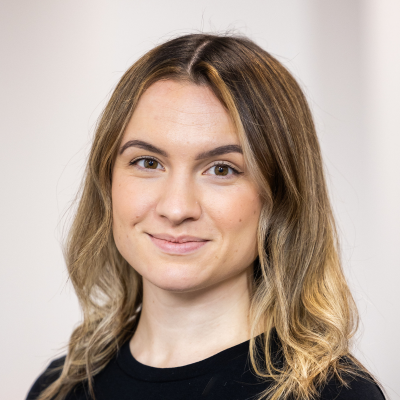
What are you looking forward to this year?
This year I was looking forward to attending and presenting our research at RDD in Arizona in May, which was the first conference I had attended. It was a great experience to present and discuss research and speak to other scientists and discuss their research and ideas.
What is it like to work at Upperton?
No two days are the same at Upperton, particularly in this role! Our team work on a variety of projects with different needs and challenges, so you are always learning something new.
Can you describe Upperton in a few words?
Innovative, curious, science–led.
Download our brochure
If you’re looking to work with a CDMO that can support your product from preclinical development to market, then we’re here to help.
